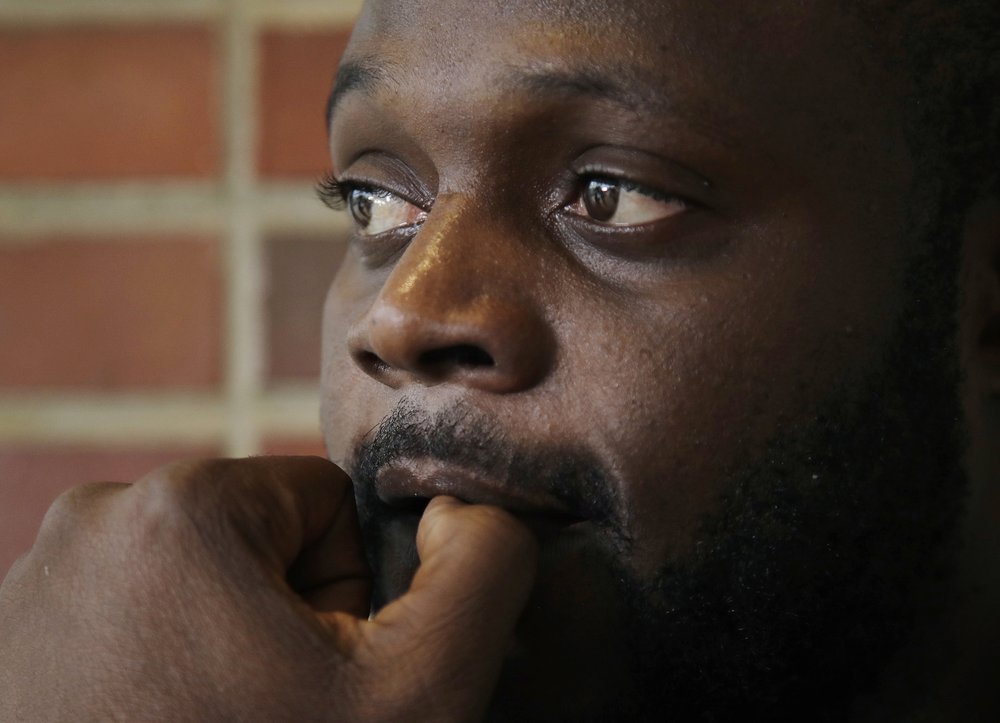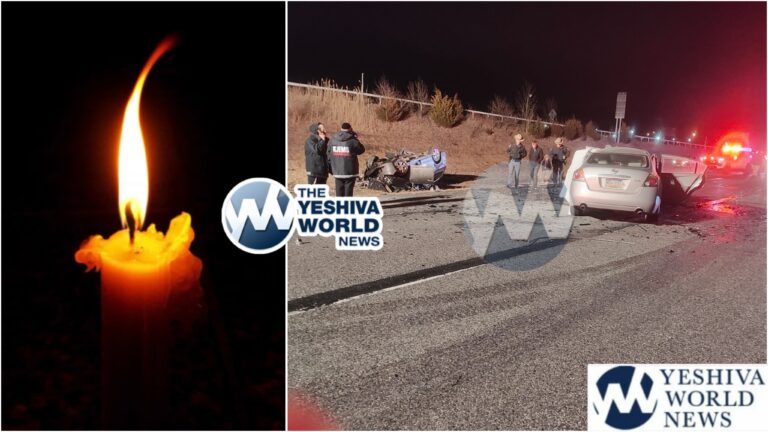When an armed conflict erupted in his village in Congo, Blaise Matshieba Nduluyele fled from the carnage. Hundreds of people, including some of his relatives, were slaughtered.
Death remained close as his family undertook a grueling journey starting in South America and extending through eight countries to safety in the United States. They slept along roads or in the jungle. They got sick and nearly starved. They encountered bodies.
“I really didn’t think I would survive. It was really, truly terrifying,” said Nduluyele, now at a shelter with his wife and three children in Maine.
Nduluyele and hundreds of other Africans trying to escape violence and poverty are forgoing a journey to Europe for a longer, still-dangerous land route to the United States through South America. He chose the route after seeing accounts of Europe-bound immigrants being turned away, of drownings in the Mediterranean Sea and of racism.
“When we talk of democracy, we see America. We see the United States. Me, I think that in the United States, I can express myself freely. I’ve been able to have security and protection — and that’s the reason why I chose the United States,” he said.
Before the massacre, Nduluyele worked as a vendor at a marketplace after a lack of money put his medical training on hold.
Speaking in French through an interpreter, he said he had little choice but to flee from Yumbi, on the banks of the Congo River, 300 kilometers (186 miles) from the capital, Kinshasa.
More than 500 people were killed during three days of clashes after the death and burial of a tribal chief sparked violence in December, the United Nations said.
“All of a sudden, a group showed up with machetes and guns, and they just killed everyone. At that point, I had to go,” he told The Associated Press.
Thus began the long journey to the U.S. The 34-year-old Nduluyele was joined by his 24-year-old wife and their children, ages 6, 4 and 11 months. They traveled first by plane, bus and boat. When their money ran out, they covered much of the ground on foot.
The family flew from neighboring Angola to Ecuador. From there, it was a winding four-month trek through Colombia, Panama, Costa Rica, Nicaragua, Honduras, Guatemala and Mexico.
Hundreds of Africans have made the same choice, as have thousands of other Central American immigrants heading for the U.S. border. In the spring, 500 African migrants were found walking in separate groups after splashing across the Rio Grande into Texas.
(AP)











